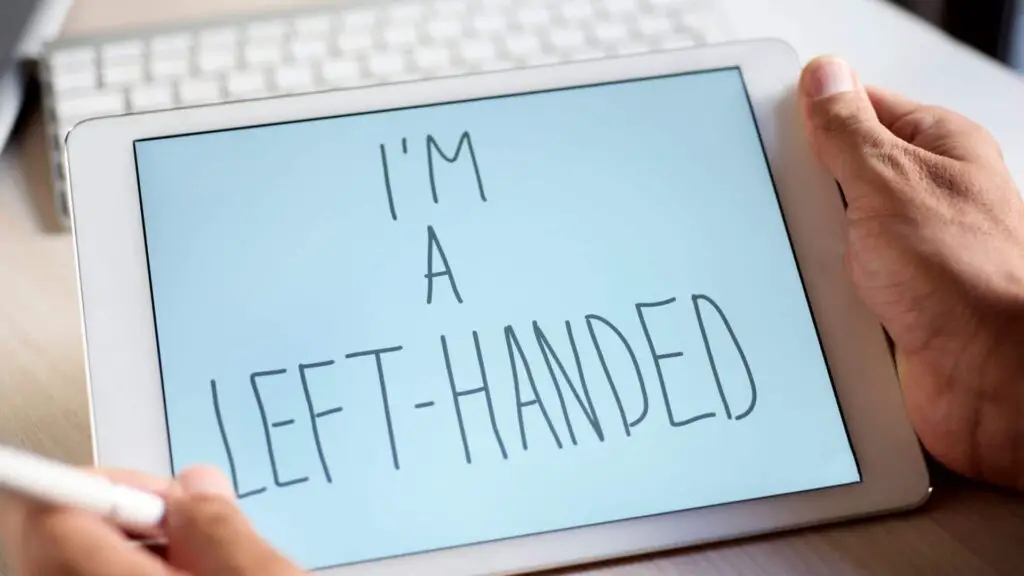Table of Contents
You’re probably thinking about paying school tuition if you are reading this post. You have filled out forms and spoken with someone. Left Handed Scholarships and Unclaimed Money, as well as Other Scholarship Myths
You’ve probably seen the overwhelming nature of scholarship search. You may have heard someone try to comfort you by saying, “Aw, hell, there are all kinds of scholarships available.” But, unfortunately, a scholarship can be won just by being left-handed. There are tons of scholarships that no one claims!
It is comforting to think that you can get scholarships without having to try. These scholarship myths are not the whole story and can lead to you putting too much faith in them.
Myth number one: The Left Handed Scholarship (and its close cousin, Klingon)

Before we get into too much debunking, it is essential to remember that your friend may not be all wrong. For example, there was once a scholarship program for left-handed people called the Frederick & Mary F. Beckley Left-Handed Scholarship. And there are also scholarships out there whose criteria include being tall, knowing Klingon, or having the last name Van Valkenburg.”
It’s important to see beyond the silly criteria. The Beckley Scholarship was not open to all lefties at the time it was awarded. The award was established by a bequest of two left-handed tennis players, who met and married at Pennsylvania Juniata College. It was only available to students at the school. Recipients had to show financial need and academic success in addition to their left-handedness.
Similar rules apply to other scholarships of the same nature: Van Valkenburg’s enter an essay contest about their heritage. Klingon speakers must show academic interest in language and not just watch Star Treka lot.
What’s more, this lesson also applies to broader demographically-based scholarships. The United Negro College Fund, Hispanic Scholarship Fund, and American Association of University Women exist to serve specific populations. But they are looking for more than a demographic match. While many scholarships are intended for people who identify with specific races, ethnic backgrounds, or gender identities, this is not all that they offer. When you are searching for scholarships, be sure to look at every criterion and not just the basics.
***
Myth number two: Unclaimed Scholarships

These criteria also contribute to the big scholarship myth that there are thousands of unclaimed scholarships.
Reality is quite different. reality is quite different. In 2020, American students used grants and scholarships more than any other source for funding. Any of Scholarship America program managers or evaluators can attest that there were many applications for even the smallest awards.
What is the origin of this myth? Although no one knows for sure, it is most likely that some stories about cash-rich colleges and some anecdotes regarding restrictive scholarship requirements became commonplace wisdom. It’s also certain that scholarship fraudsters helped spread the myth by offering to “find millions of unclaimed awards” for a fee. This is a detailed breakdown of the entire story.
There are some kernels of truth in this statement. Some students discover that the amount they have earned in scholarships is not sufficient to cover college costs. They need to either defer or decline the scholarship money as they will not be attending school. Sometimes, department and local scholarship funders have particular preferences. If there are no applicants who meet these criteria, they will find someone who is close. They may keep the funds for another year in rare cases. However, that is an exception and not a million-dollar trend.
There are two things you can do to improve your chances of winning a scholarship.
There are two things you can do to help. One is to read through all scholarship applications before they are due. If you find out that the $5,000 scholarship is given preference to bassoon players who have done a lot of volunteer work, it’s not too late to encourage your student to get involved in community service or take up bassoon lessons.
The other option is to see the bigger picture. Fill out the FAFSA now to determine your Expected Family Contribution and find out what awards will help you get the next year of college. Next, ensure you are familiar with the scholarship’s deferment/re-application policy. If next year is uncertain, then focus on larger awards and those that can be deferred.
It is tempting to think that scholarship money can be given away for free. You can make the most out of scholarship season by learning the truth about unclaimed money and left handed scholarships.
